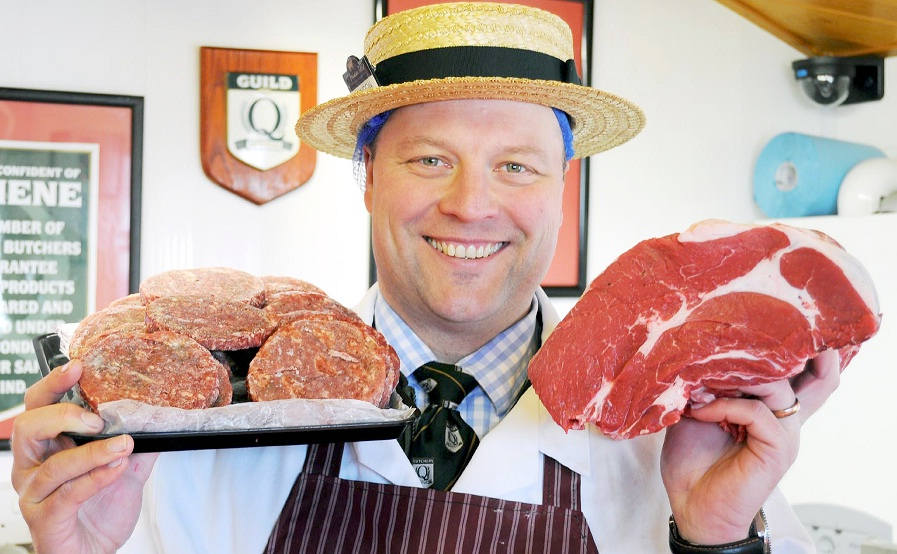
Since the global media picked up on the EU horsemeat scandal, the British meat market suffered quite a severe blow.
Despite the fact that the majority of meat cuts were 100% genuine, local and international consumers began to doubt the authenticity of labels, packaging and even the meat itself. Thankfully, Britain is committed to rebuilding its reputation and thanks to the efforts of the nation, British meat is once again considered among the top markets in the world.
And with EBLEX reporting that global meat consumption is expected to grow by 60-100% by 2050, the opportunities for British farmers are enormous.
Beef
Thanks to the recent reintroduction of premium breeds such as wagyu, the British beef market is on track to flourish. Improved labelling and supply chain laws also allow both local and international buyers to trace the exact journey of every cut.
This is greatly helping to boost Britain’s reputation as one of the world’s premium beef producers. Locally, the rejuvenation of historic trading hubs such as London’s Borough Market has greatly contributed to a growing interest in premium quality meat and a preference to ‘buy British.’
Farmers markets have popped up across the nation where consumers can purchase meat that is fresh, organic and 100% genuine. Another factor contributing to the UK’s rekindled taste for beef is the emergence of online butchers. With just a few clicks of the button, British meat connoisseurs can take advantage of a meat delivery service direct to their doors.
Sheep
In late August, the British sheep market hit a 16 year high of £183.9 million. Global shipment value exceeded 48,000 tonnes in the first half of 2014 alone, representing a 2% increase when compared to the first half of 2013. Demand from non-EU markets was one of the driving growth factors, with regions such as the Far East and West Africa developing a growing taste for nutrient rich cuts.
In the UK, stricter labelling laws and the requirement to inform consumers of the supply chain has helped Brits rekindle their love for lamb.
Peter Garbutt, NFU Chief Livestock Adviser explains, “Export markets are vital for the health of our sheep industry, aiding with carcase utilisation and building confidence and demand for higher value cuts. The fact that they have continued to increase in the face of difficult trading conditions is a testament to the fact that British lamb is valued across the world.”
Pork
While Chinese pork exports suffered a blow due to a nationwide disease issue, experts are predicting that growth will continue to grow over the next few years. Thanks to robust breeding regulations and a global reputation for quality, British exports will be leading the way.
Richard Brown, GIRA market analyst explains, “China is a clear story of import growth and is extremely promising for the meat industry.”
With refocused attention on stock quality, stringent breeding regulations and better labelling laws, Britain’s meat market is once again being regarded as among the best in the world.
